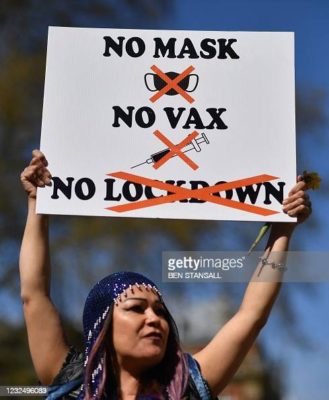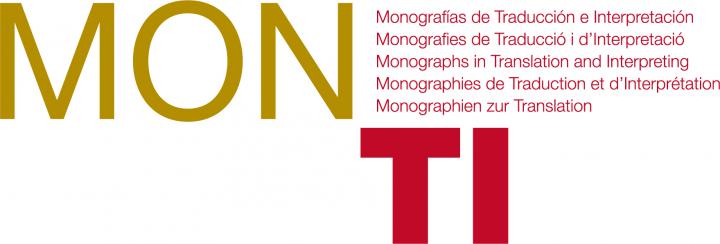 Translation as Political Act
Translation as Political Act
Perugia, Italy
9-11 May 2019
A three-day conference hosted by the Dipartimento di Scienze Politiche, University of Perugia, Italy in collaboration with the Genealogies of Knowledge project.
Conference website: http://home.translationaspoliticalact.net/
Call for Papers
Translation, both in the restricted sense of interlinguistic rewriting and the broader sense of a set of cultural and political activities, has increasingly featured in studies promoting a critical understanding of the development of political ideas and of global history. The humanities and the social sciences have experienced a translational turn, and are increasingly using translation as an analytical concept rather than merely a metaphor designating shifting disciplinary boundaries and cultural encounters in contemporary societies.
Translation practices have played and continue to play a key role in a number of social and political fields. It is through translation that political concepts emerging in one cultural environment travel to other spaces and impact intellectual and social debates in new contexts. Intergovernmental diplomacy has often been conducted through translation, and social and international conflicts are often mediated, assuaged, or exacerbated through translation. Translation remains one of the main vehicles through which globalization processes are enabled; it operates at the interstices of military, economic and cultural power. Both governmental and non-governmental agencies, as well as international entities such as the UN and the EU, rely on translation for the dissemination of information as well as for purposes of intelligence and propaganda. Translation also plays an instrumental role in new(s) media, and hence in circulating or resisting alternative narratives and ideologies.
The conference seeks to address four areas of particular interest. The first area concerns the role of translation in the development and dissemination of political ideas; the second area considers how translation operates in the context of institutional politics; the third looks at how social movements and interest groups use translation to advance their agendas or political demands; finally, the fourth area concerns translation practices in the media, focusing on international politics.
We welcome proposals at the interface of translation and politics from diverse theoretical and methodological perspectives. Topics to be addressed include, but are not restricted to, the following:
- Translation and political communication
- Translation policies in multilingual institutions and states
- Political terminology and translation
- Corpus-based studies of translated political discourse
- Translation and the circulation of information in social networks
- Transnational media and translation
- News translation and international relations
- Translation and democracy
- Translation and the reception of political concepts
- Translation and censorship
- Translation and activism
- Translation and cultural diplomacy
- The role of translators in international cooperation
- Translation, interpreting and human rights
- Translation and Internet politics
- Translation and ideology
- Translation and identity politics
- Translation and migration policies
- Translation and globalization
The official languages of the conference will be English, Italian and French. Abstracts of 300 words, accompanied by 3 keywords, should be submitted in any of these languages by November 15th, 2018.
Please click on the link to the conference website above to find out more about confirmed speakers, abstract submission and registration options.


